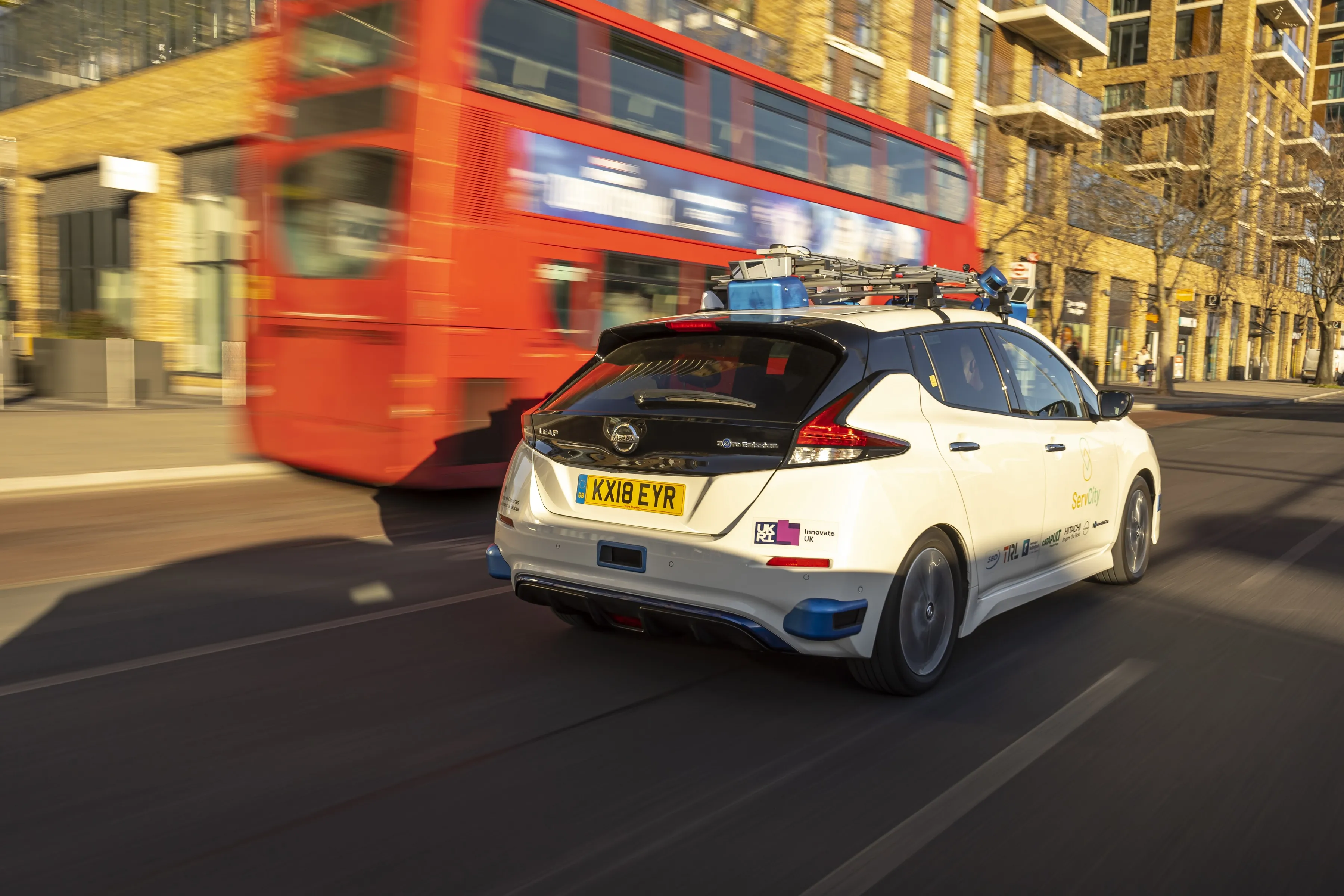
Dutch company
A demonstration area on its stand has several miniature vehicles scurrying around. They do not always avoid each other but, as Dr Edwin Mein explained, that is part of the process of working out rules to ensure autonomous vehicles can navigate safely.
Technolution is looking into several facets of this research area. It began by asking what kind of sensors would be required for such vehicles, as well as data handling and data fusion.
Having started off with computer simulations, Technolution has now moved on to using real-world miniature vehicles. Most of the structure of the miniature vehicles – the chassis and wheels, for example – have been made by the company using 3D printing.
To simulate GPS, infrared signals are transmitted from four miniature towers at the corners of the exhibition area and picked up by receivers on the mini-vehicles, telling them their position and where they are going.
“Every car has a path it has to follow, and to try to avoid the walls around the table and the other cars. To do that, we’ve added ultrasonic radar systems on the back and front of each car to detect things in front of the vehicle.”
Technolution has no intention of producing autonomous cars itself; rather, “We intend to show what we can do to help other companies produce autonomous vehicles,” said Dr Mein.









